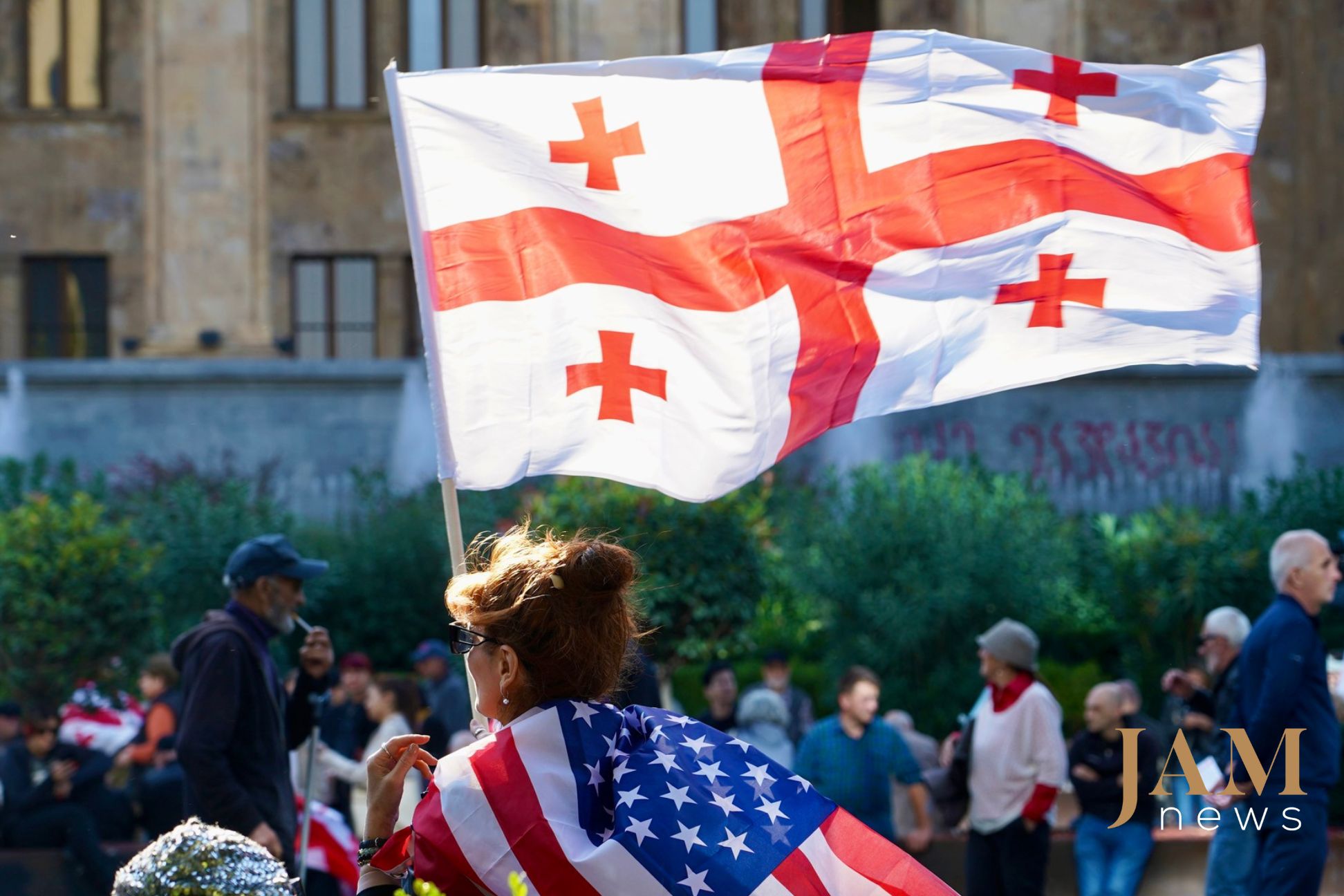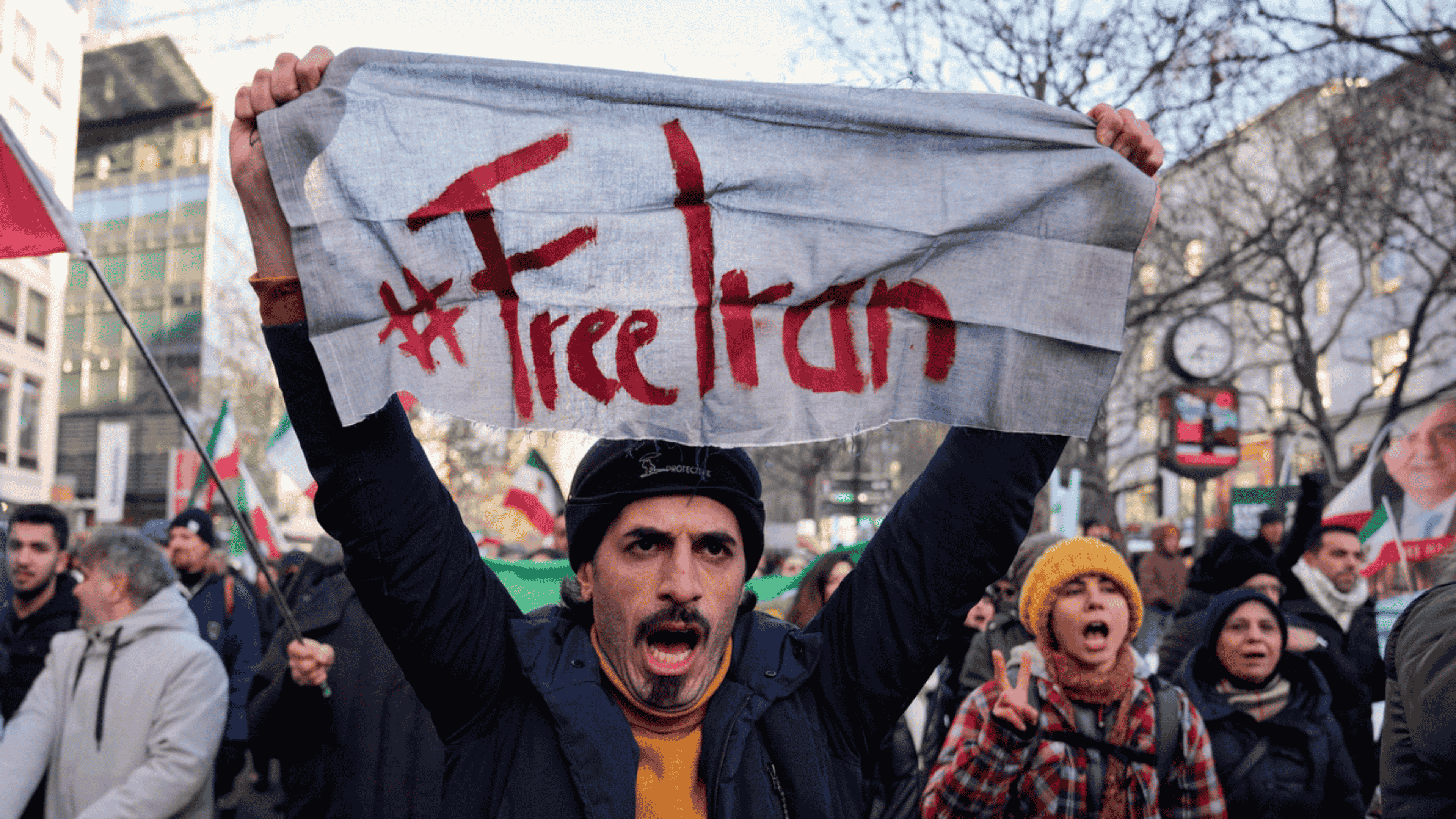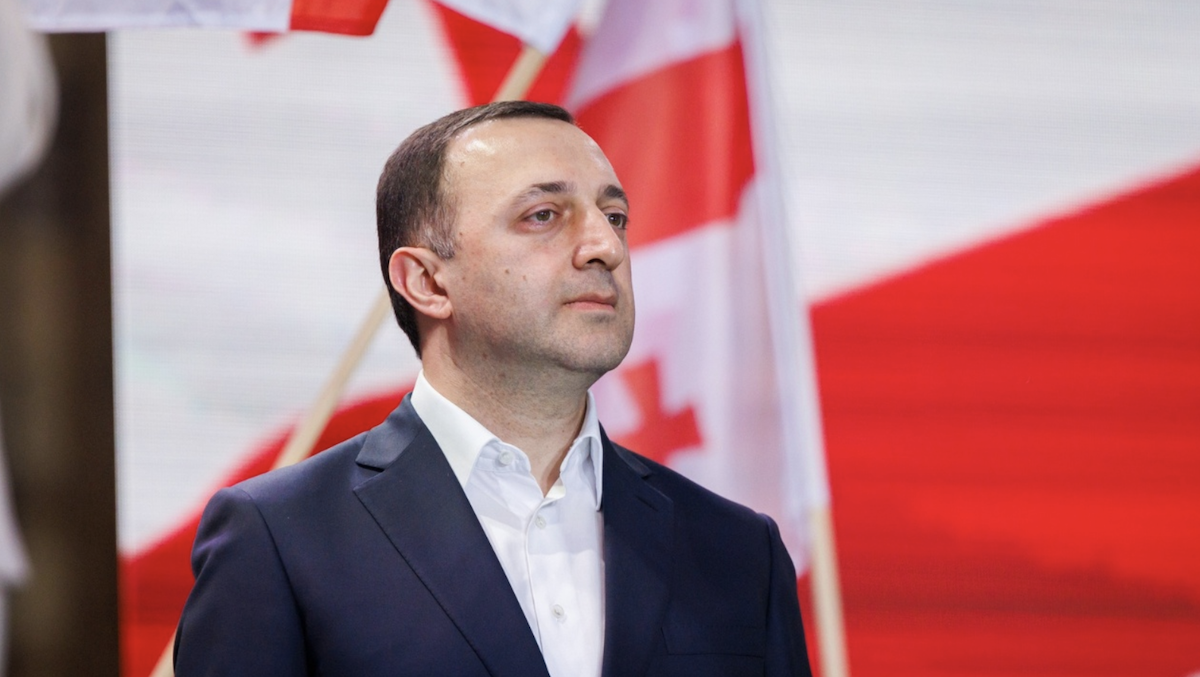OSCE: 'Laws restricting freedom of expression in Georgia must be repealed'
OSCE on laws in Georgia
The Organization for Security and Co-operation in Europe has published a report on the “Georgian Dream” laws that restrict freedom of expression, stating that they should be repealed.
In its 12 November 2025 report, the OSCE concluded that legislative amendments passed in Georgia in October 2025 violate the right to freedom of expression enshrined in international law.
The report highlights amendments under which blocking a road or wearing a mask at a protest can result in detention for up to 15 days, with repeat offences potentially leading to criminal prosecution.
The OSCE’s critical assessment states that detaining citizens for taking part in peaceful protests breaches Georgia’s international human rights obligations.
“The amendments adopted in October 2025 raise concerns over Georgia’s failure to comply with its international human rights obligations, in particular Articles 9, 19, and 21 of the UN Covenant on Civil and Political Rights and Articles 5, 10, 11, and 18 of the European Convention on Human Rights. These amendments should be repealed,” the OSCE concluded.
The OSCE said that the Georgian Dream government’s policies directly contradict international standards, which require respect for proportionality and non-discrimination when imposing penalties for offences.
“Criminalising conduct that may be lawful under international law amounts to arbitrary deprivation of liberty, which violates Article 9 of the UN Covenant on Civil and Political Rights and Article 5 of the European Convention on Human Rights,” the OSCE assessment states.
On 17 October, the ruling Georgian Dream party approved new repressive amendments targeting protest participants.
Amendments to the administrative code
They supplement Article 174, Part 10 of the Administrative Offences Code, under which a protest participant can face administrative arrest for the following actions:
- covering the face with a mask or other means;
- possession of tear gas, nerve agents, or other toxic substances;
- deliberately obstructing the movement of people or vehicles;
- hindering public order and security maintained by police officers;
- partially or fully blocking a roadway when the number of demonstrators allows the protest to proceed without blocking the road.
Violating these prohibitions carries the following penalties:
- administrative arrest of up to 15 days for participants;
- administrative arrest of up to 20 days for organizers.
Administrative arrest of up to 60 days applies if participants:
- carry firearms, explosives, flammable substances, radioactive materials, cold weapons, or pyrotechnics;
- carry items or substances that can be used to harm the health or life of protesters or others;
- take part in a protest banned by the Ministry of Internal Affairs under Article 13, Paragraph 1 of this law.
Amendments to the criminal code
Repeated violations of the above actions within a year are punishable under criminal law:
- imprisonment of up to one year;
- up to two years’ imprisonment for a repeated offence;
- fines or imprisonment of up to one year for minors;
- up to four years’ imprisonment for organizers if their actions lead to serious consequences.
A third violation of Article 173 of the Administrative Offences Code (“Failure to obey a lawful police order or insulting an officer”) will be considered a criminal offence and punished by:
- imprisonment of up to one year;
- up to two years’ imprisonment for a repeated offence;
- fines, corrective work, or imprisonment of up to one year for minors.
The international human rights organization Amnesty International stated that the adoption of these repressive laws threatens the rights to freedom of assembly and expression..
OSCE on laws in Georgia





















